Keywords: Black Lives Matter
-
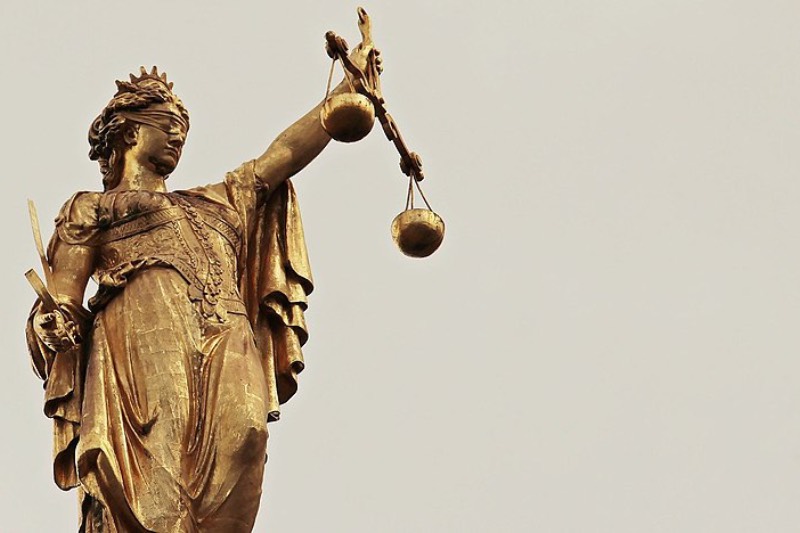
AUSTRALIA
- Frank Brennan
- 13 July 2021
12 Comments
Australian governments and judges have been playing catch up for a long time trying to deal with the backlog of claims for migrant visas. A couple of recent judgments highlight the frustration at work in the system.
READ MORE 
-

AUSTRALIA
- Cristy Clark
- 13 July 2021
16 Comments
Although there has been a reasonable level of attention paid to governance issues — such as the incredibly slow vaccine roll out, the ongoing problems with hotel quarantine, and the timing of the lockdown itself — Sydney’s current lockdown has also been marked by an unhelpful focus on individual actions.
READ MORE 
-
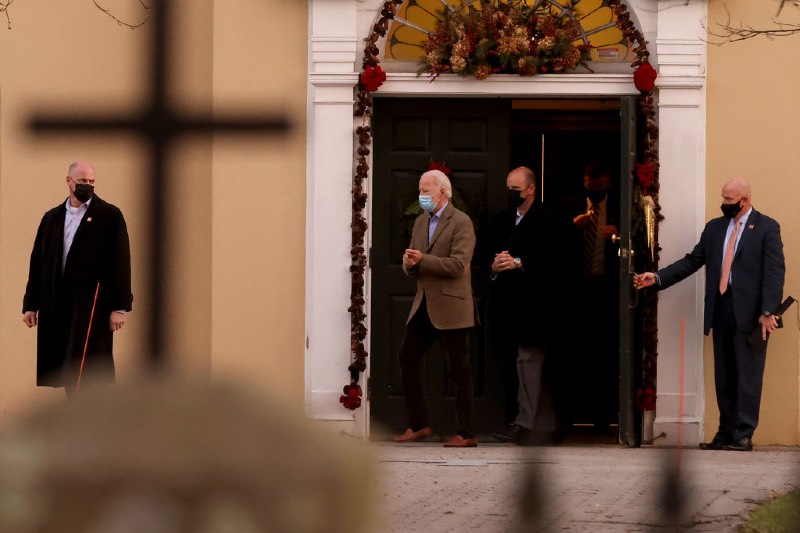
RELIGION
- Chris Middleton
- 01 July 2021
87 Comments
The debate among American bishops around whether President Biden and other Catholic politicians should be denied Holy Communion because of their policies on abortion is an important and unsettling one. Let me say I think it would be a tragedy if the bishops were to venture down this path.
READ MORE 
-

AUSTRALIA
- Binoy Kampmark
- 24 June 2021
27 Comments
The Murugappan family have found themselves in the middle of this nasty tangle, their fates politicised and manipulated.
READ MORE 
-
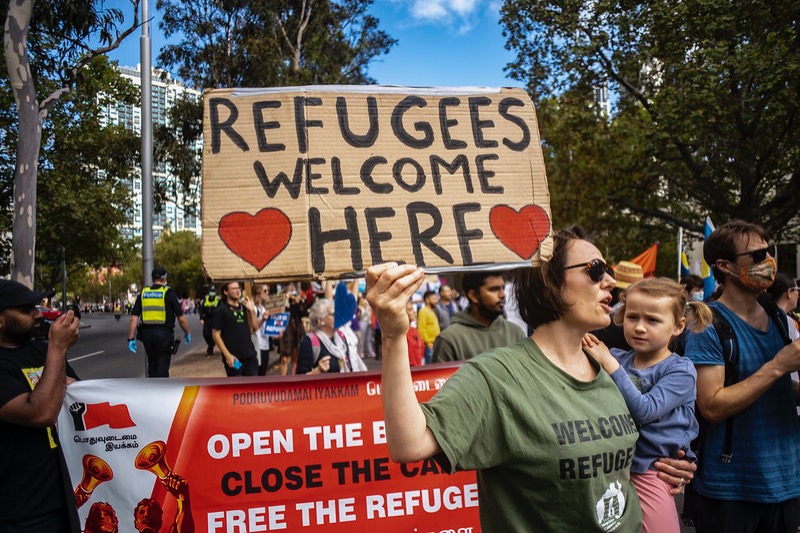
FAITH DOING JUSTICE
- Vincent Long Van Nguyen
- 24 June 2021
15 Comments
With the average length of detention in Australia now at an historic high, it is timely to review how immigration detention is used. It should be a last resort that is used for the shortest practicable time so that people who pose little risk to the community are not unnecessarily deprived of their liberty, and that they are able to contribute to the community.
READ MORE 
-
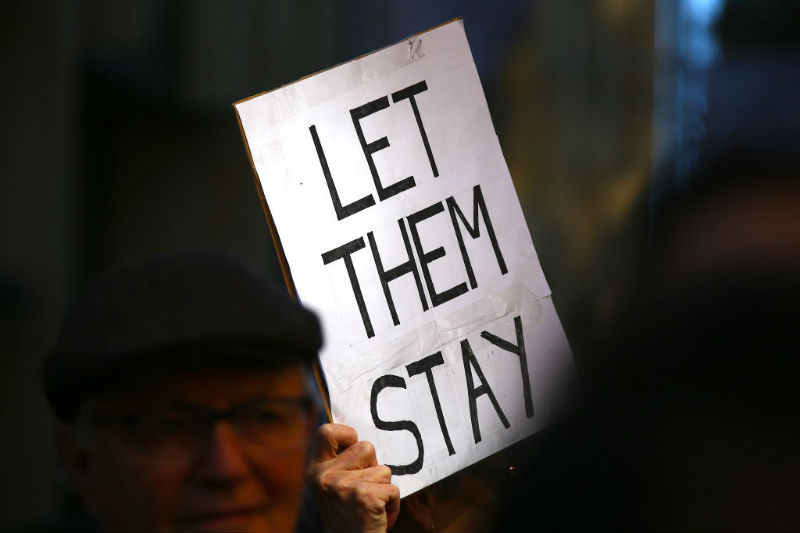
AUSTRALIA
- Andrew Hamilton
- 17 June 2021
23 Comments
The present climate offers little encouragement for people anyone who cares for refugees and wants to press their cause. It would be rash to think that things will change soon.
READ MORE 
-

AUSTRALIA
- Andrew Hamilton
- 10 June 2021
9 Comments
In Victoria the latest lockdown has prompted fresh questioning of the business-as-before approach to life after COVID-19. In particular it urges renewed reflection on the connection between the remuneration of work and its importance to society.
READ MORE 
-
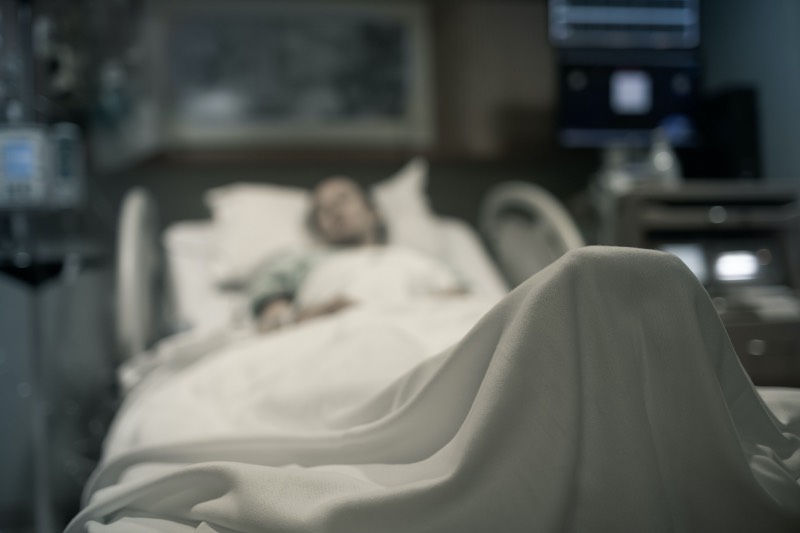
AUSTRALIA
- Margaret Somerville
- 03 June 2021
9 Comments
No one on either side of the debate wants to see people suffer and the euthanasia debate is not about if we will die — we all will at some point. The debate is about how we will die and whether some ways of dying, namely euthanasia, are unethical and dangerous, especially to vulnerable and fragile people, and destructive of important shared values on which we base our societies.
READ MORE
-
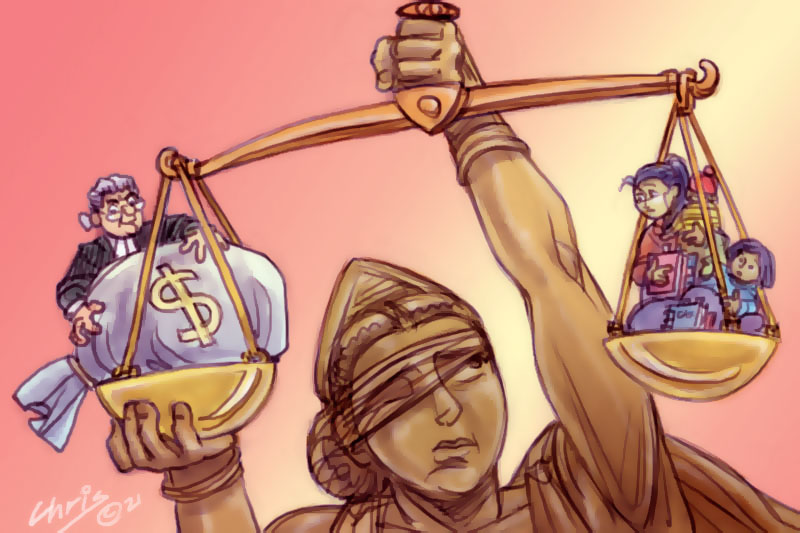
AUSTRALIA
The fact is that money still buys a better service from the legal system, and to claim otherwise is to throw out the most basic principles of an economy. After all, if there were no benefit to be gained from backing up a truck full of money and tipping 30 or 40 grand a day into a team of silks, junior barristers and top tier solicitors, why would those with the means do it? To argue the contrary beggars belief. And if the observation is accepted, what does that tell us about the rule of law?
READ MORE 
-

ARTS AND CULTURE
- Andrew Hamilton
- 27 May 2021
27 Comments
A wry satisfaction to be enjoyed in reading histories of events of your youth is that it uncovers your prejudices at that time. It reassures you that you have grown wiser but also makes you wonder whether your present attitudes will need revisiting. Save Our Sons, Carolyn Collins’ detailed and even-handed study of women’s campaign against conscription during the Vietnam War, offered such pleasures.
READ MORE 
-
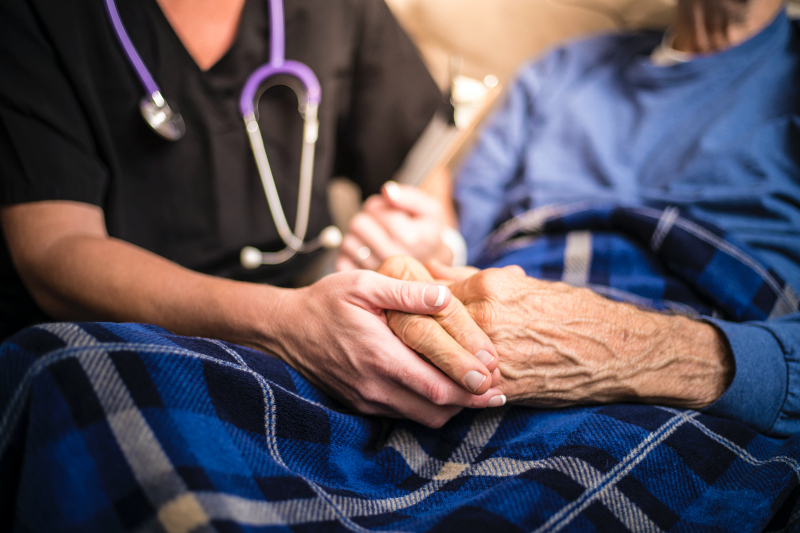
AUSTRALIA
- Annmarie Hosie
- 25 May 2021
27 Comments
Peace, laughter and lightness during dying might seem unlikely, but such experiences are common, not rare. Seeing and sharing in these sudden, strengthening consolations (and receiving them in my own griefs) have taught me about our awesome potential to transcend suffering, and confirmed why we don’t need euthanasia or assisted suicide.
READ MORE 
-
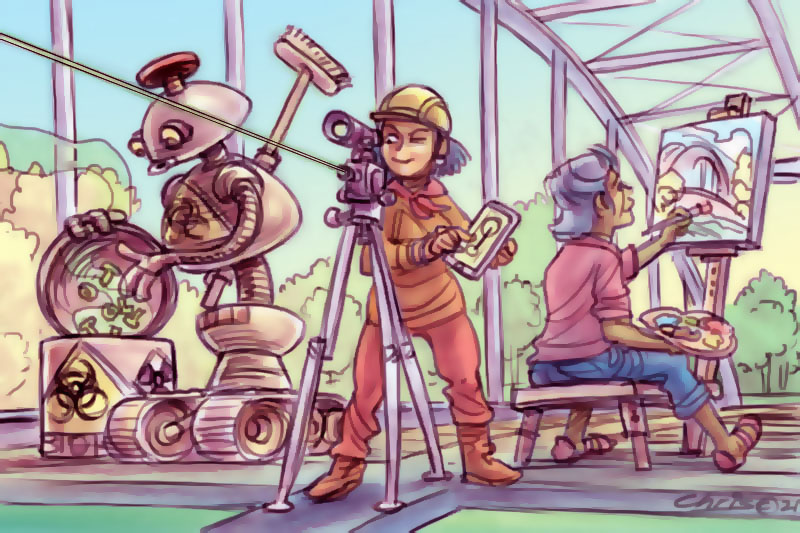
AUSTRALIA
The debate about the future of work, and therefore UBI, was hijacked by a reductive media narrative around ‘the robot question’ and this has made it hard to recognise the complex nature of the changes underway.
READ MORE 